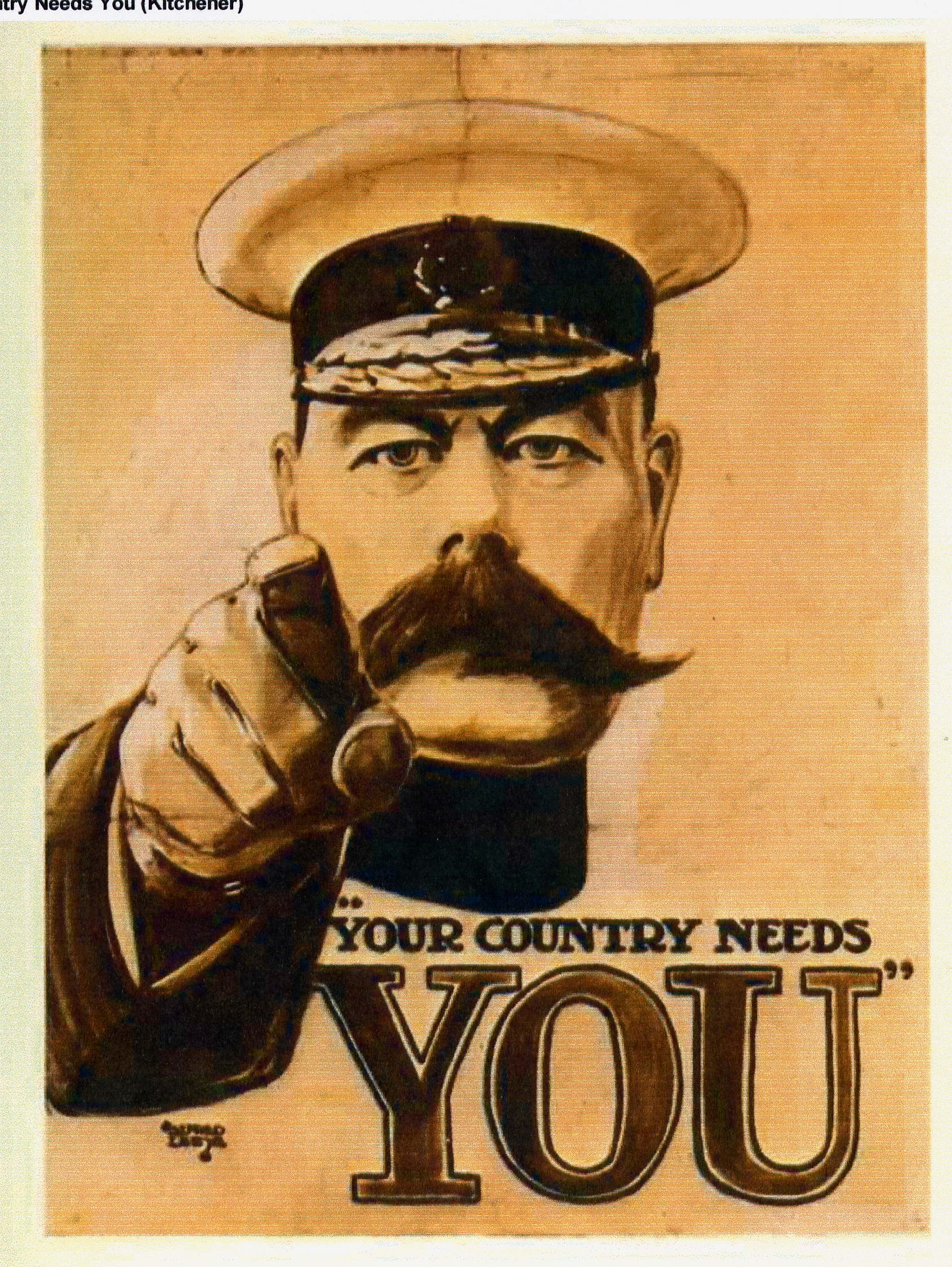Why oh why do we place so much faith in what can only be called the Establishment.
How we are conditioned from birth to subvert our natural common sense to a view handed down by those who "are born to rule".
It's a phenomenon that follows us throughout our lives as we kowtow to our betters on the understanding that they will make decisions from which we will all benefit.
It's a phenomenon that follows us throughout our lives as we kowtow to our betters on the understanding that they will make decisions from which we will all benefit.
I have been reading an account of the events leading up to the storming of the Gallipoli Peninsular, events which make the concept of placing ones trust in ones superiors, ridiculous and foolhardy.
The Generals and Admirals, the Commander in Chief and the politicians back in Whitehall were all guilty of committing men to their death on a foolhardy, ill thought through escapade with the single political reason, to placate Russia.
The omens, the rational, the observations, the common sense told the planners that this wouldn't run ! The haste and lack of planning, the insistence of a foreshortened time scale, the importance of not having the backing and full logistical support of the man given the task of coordinating the the war effort in Europe, Lord Kitchener, all dismally fell far short of what was needed.
Hamilton under the thrall of Kitchener as Admiral De Robeck was to Fisher in the Admiralty, there could be no turning back.
The young men from all the echelon of society were fired up with romantic thoughts of King and Country. Rupert Brooks who's immortal poem finishes with the words
"If I should die think only this of me ;
That there is some corner of a foreign field
That is for ever England"
This fever of excitement which drew young men into the field of battle, only to die like the rest, 'there is no democracy like a machine gun bullet'.
This "flower of youth" was not the lot of the conscripted men who were posted to die on a post code lottery. Which battalion would fight where, was part of the Staff Officers remit and your fate was sealed on a map laid out at headquarters, usually well away from danger.
The men fighting were drawn largely from the antipodes. Out of a force of 70.000, 30.000 men were Australian and New Zealand volunteers. The Gurkha feature strongly as do the Scots and the English conscripted men committed by their superiors, in a "boys own" drama which had no place outside the field of fiction.
From the Charge of the Light Brigade to the Officers whistle, signalling the men to go over the top of the trench and charge into the withering fire of the enemy, human beings have been the fodder a collateral wastage driven by the desire to do something. Whether it was feasible was secondary since more troops were arriving tomorrow.
And so we are led. Like the Christian or the Muslim by faith, either in God or by the secular person, in a non religious way. A faith in a deity, a person or a class of people who either by learning or instinct feel they can are better able to guide us.
In effect it is all based on the shifting sand of assumption and guesswork and brings me back to my observation. "We are singular and unique" and our sights should be set on what we actually know, the commitment to "do unto others what we would have others do unto us".

No comments:
Post a Comment